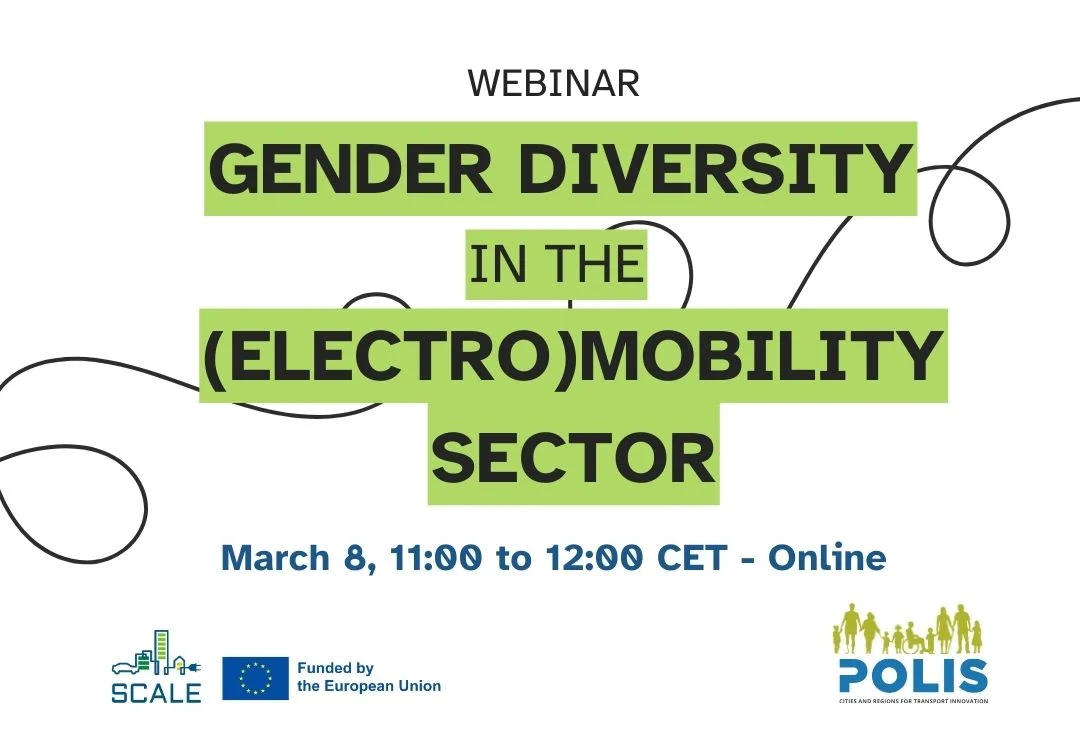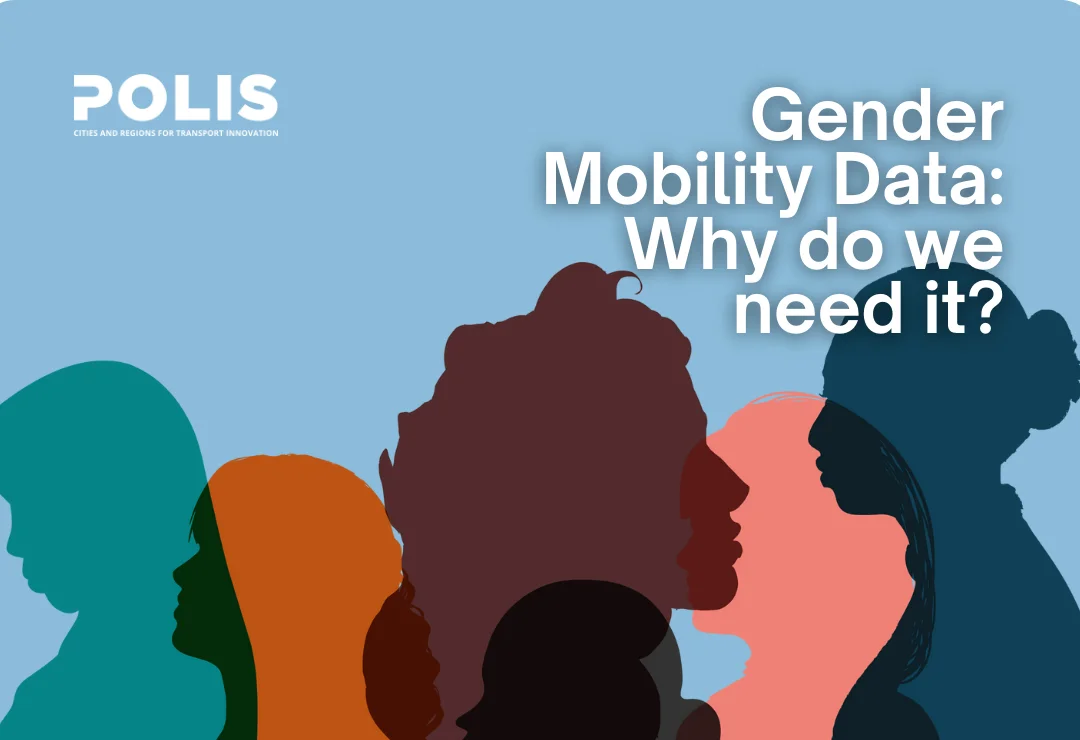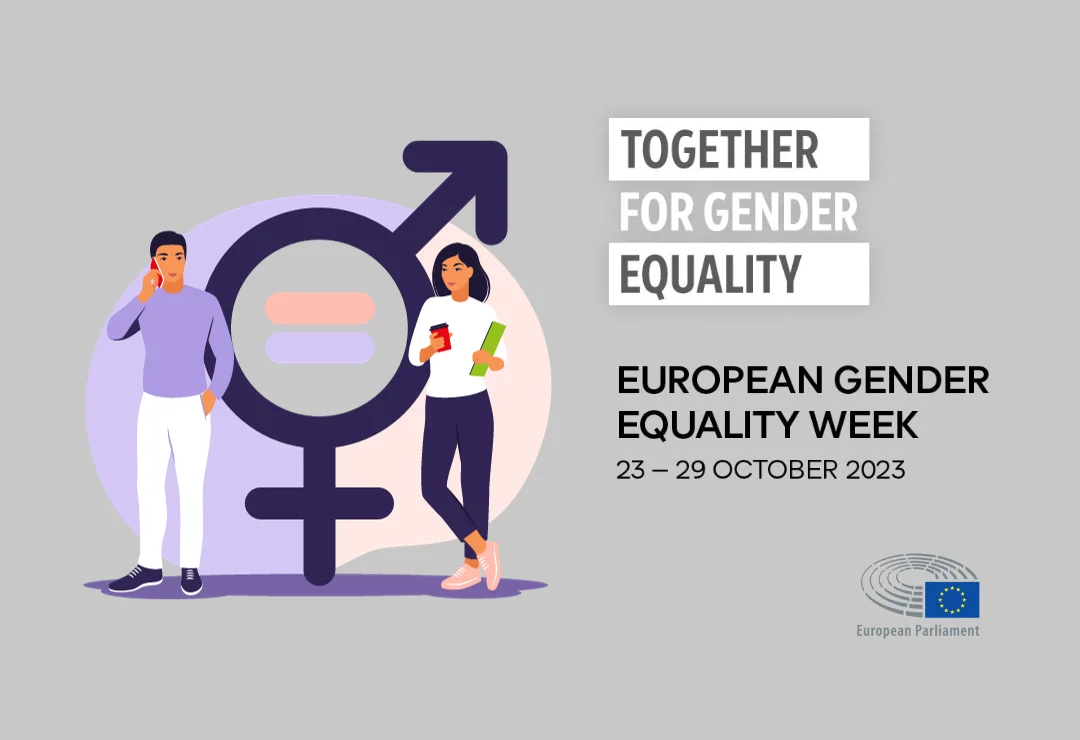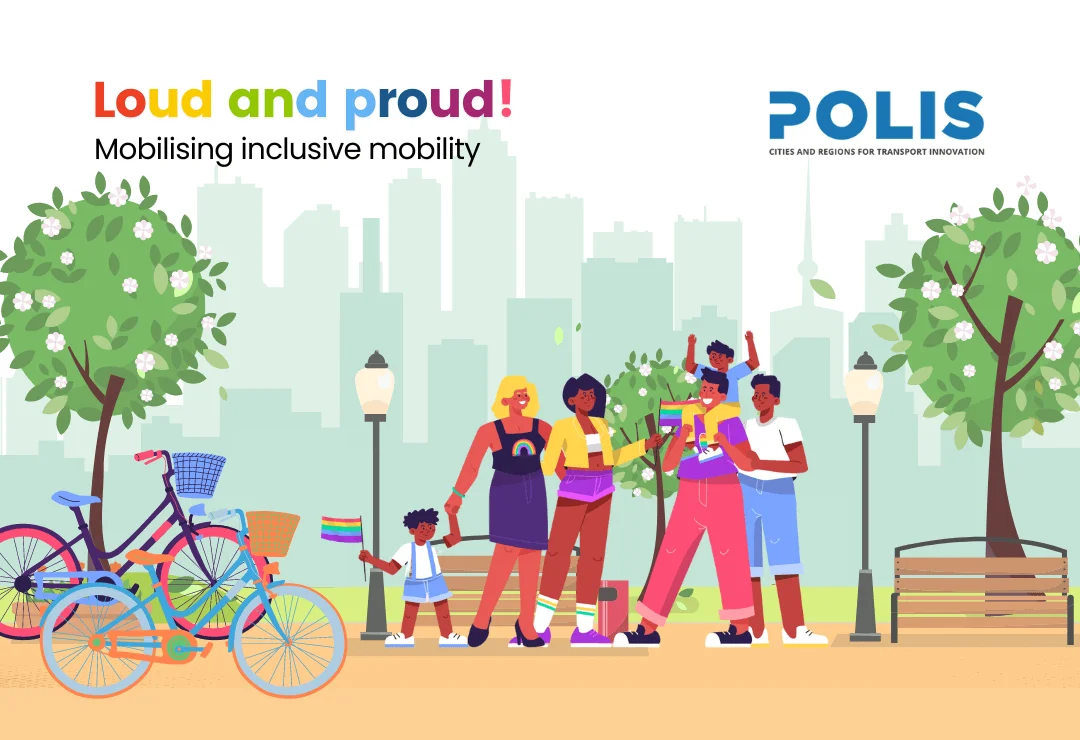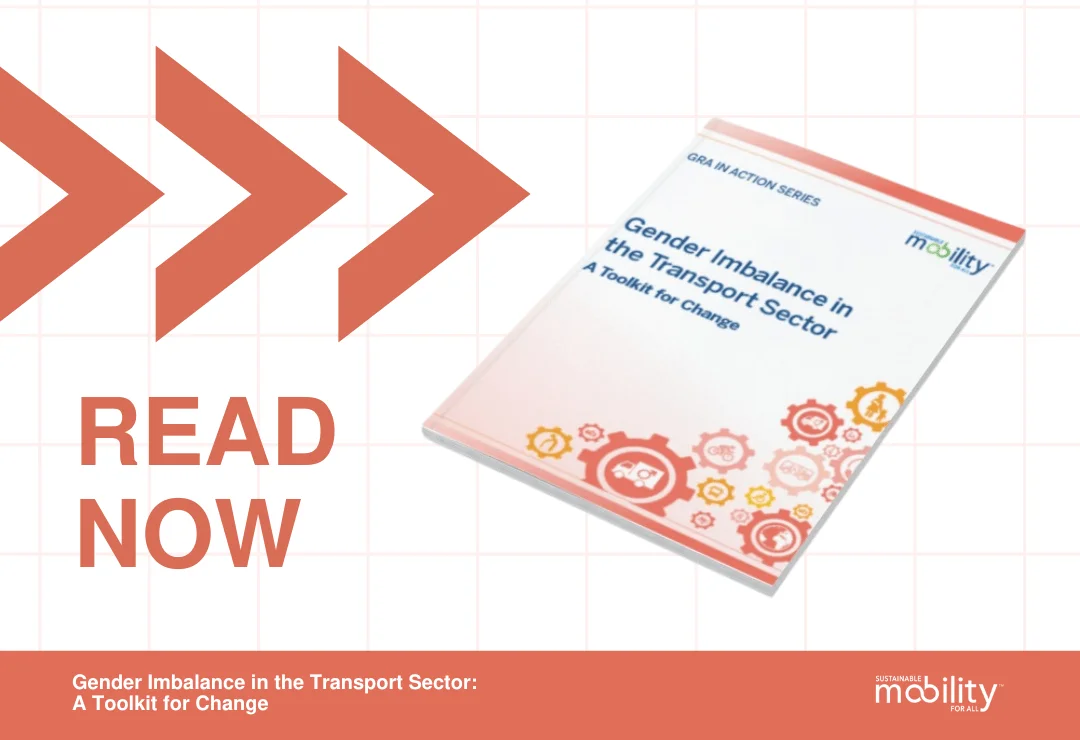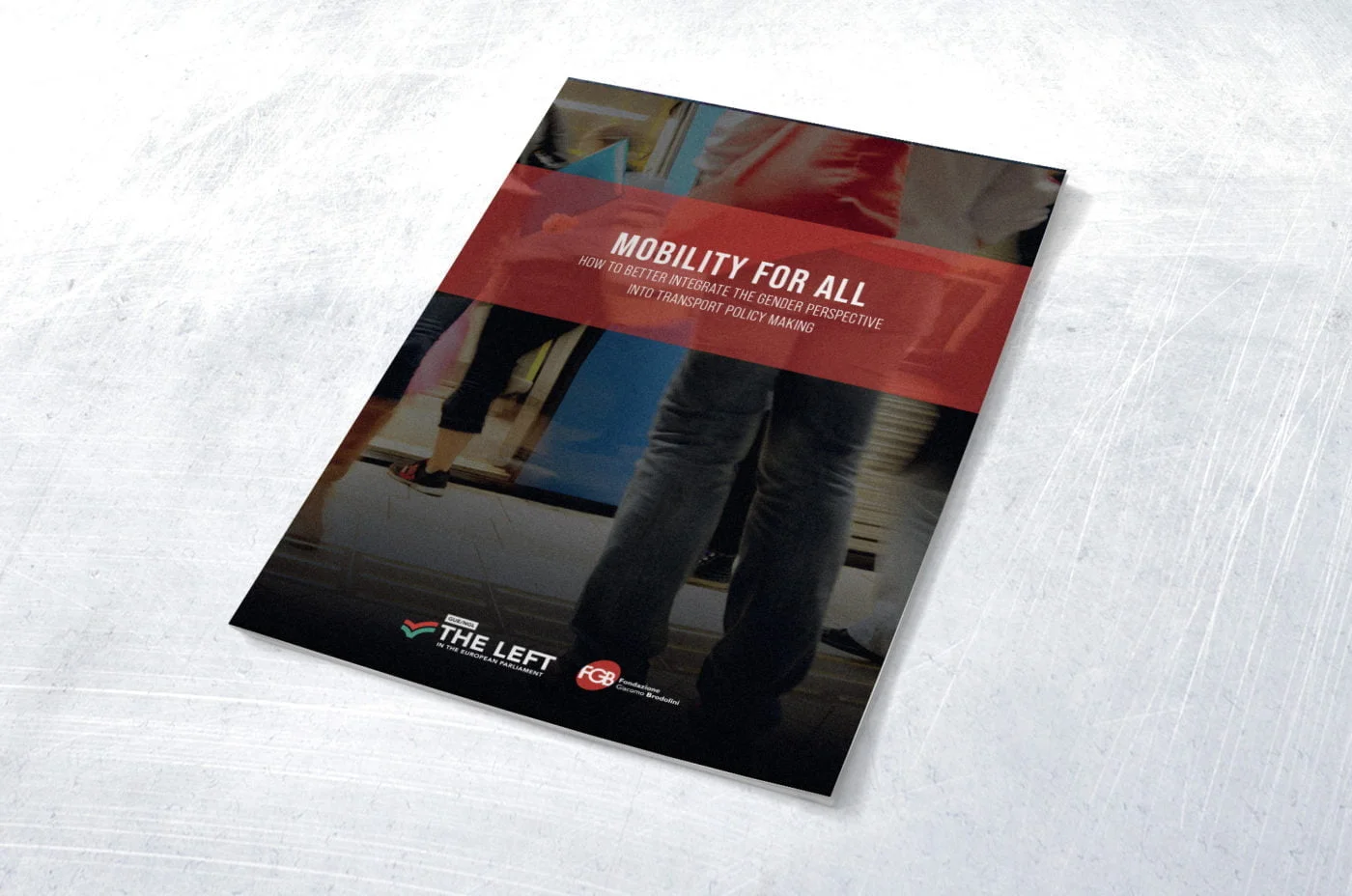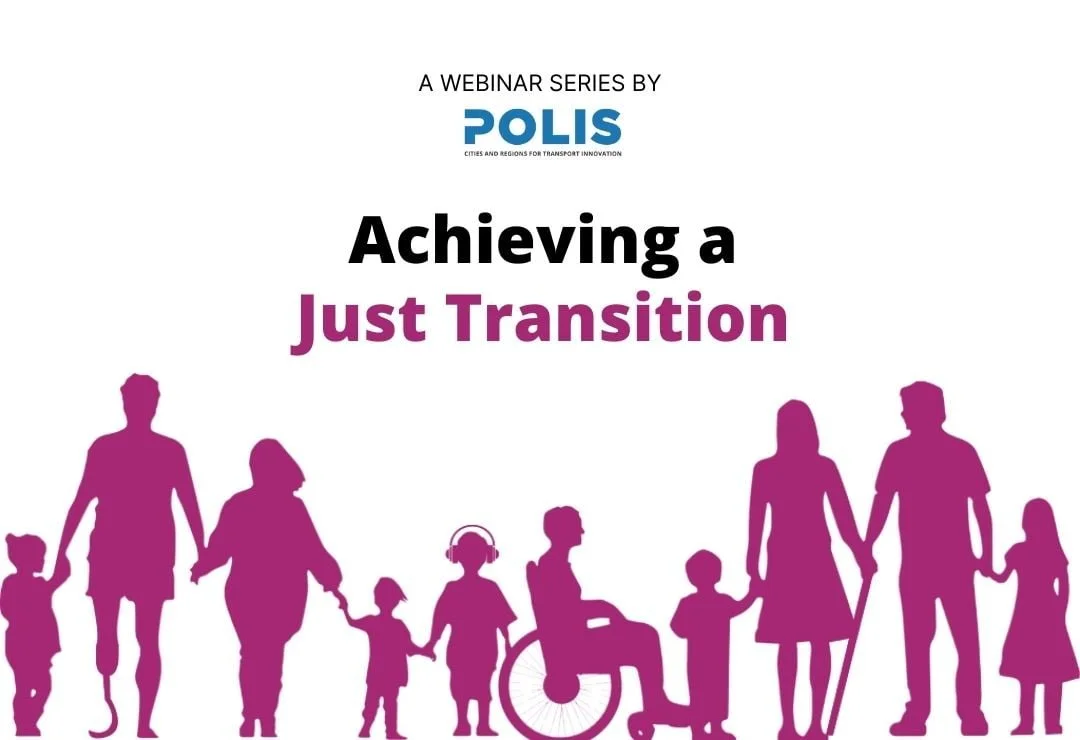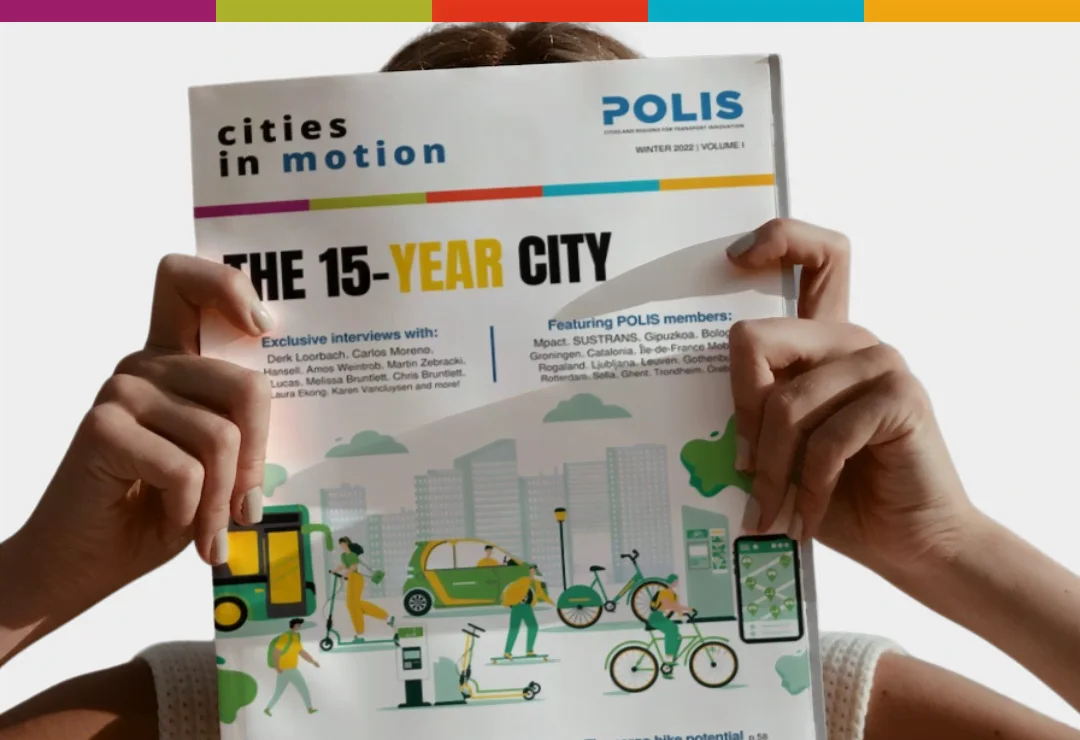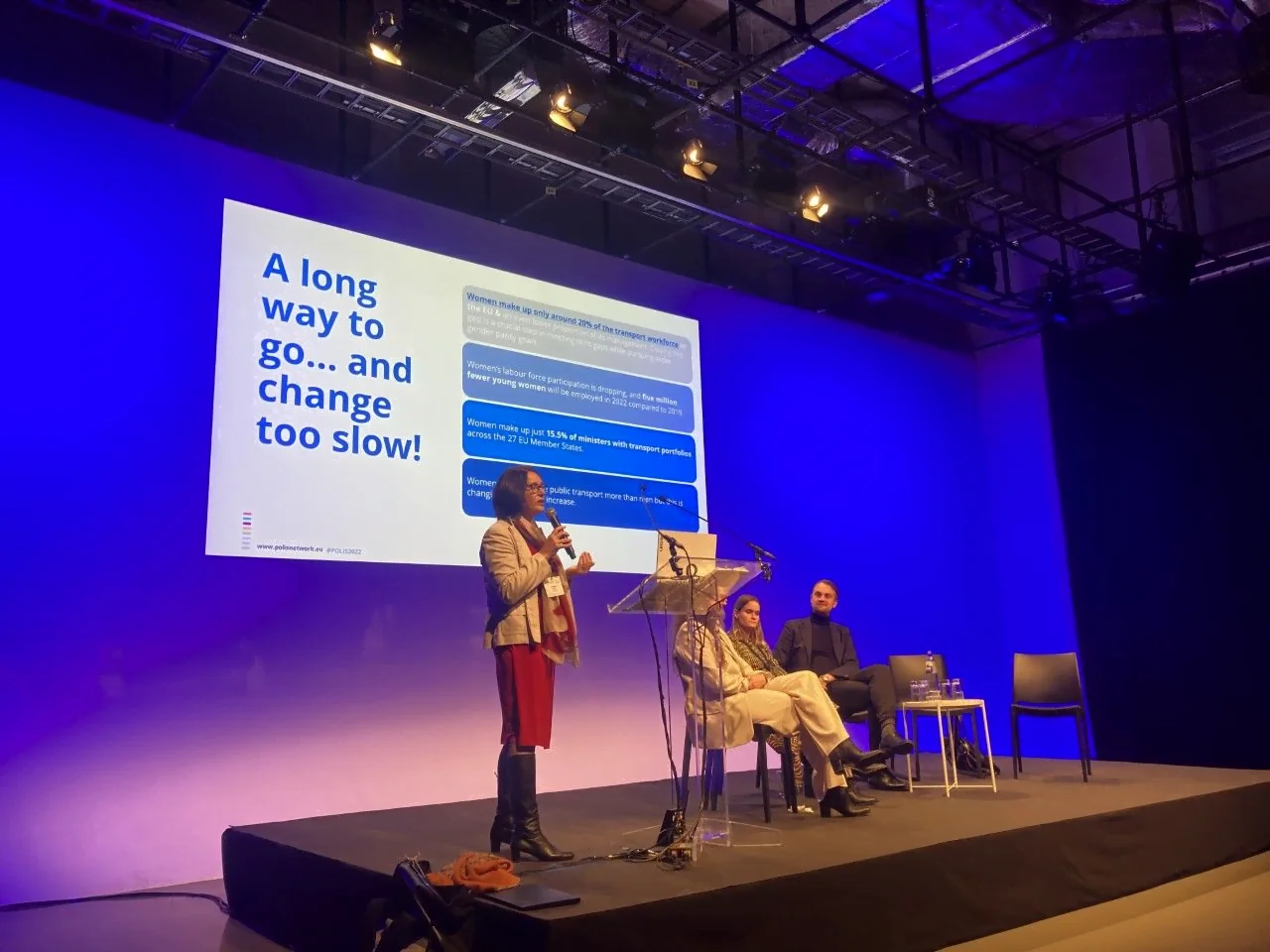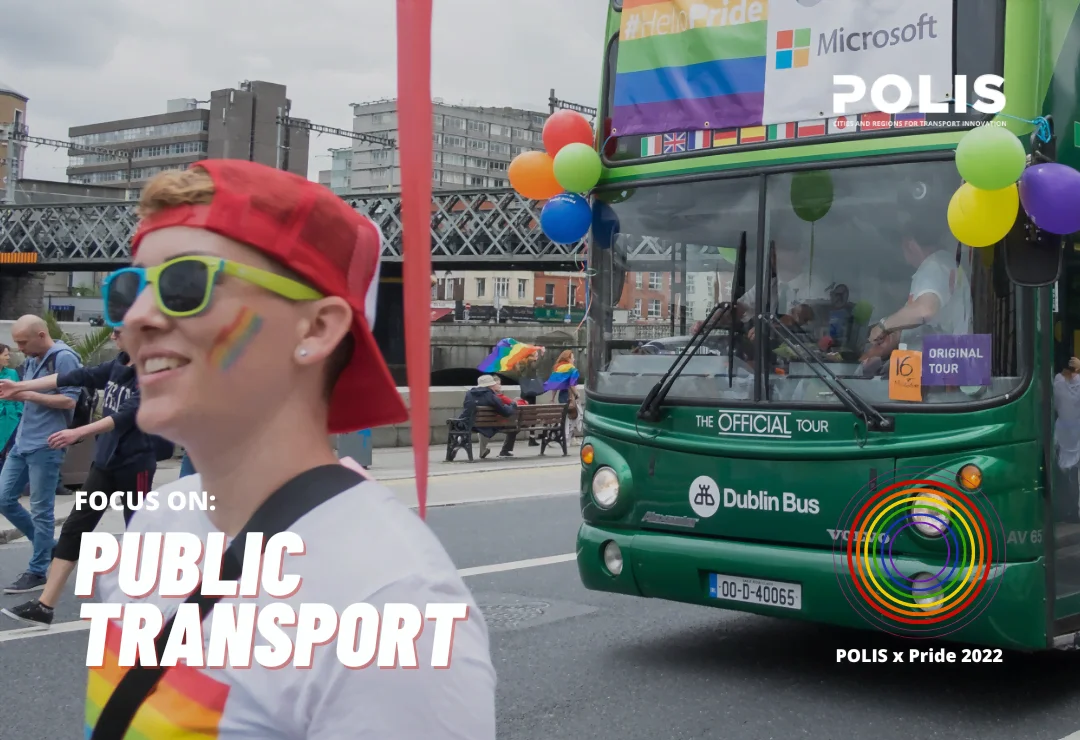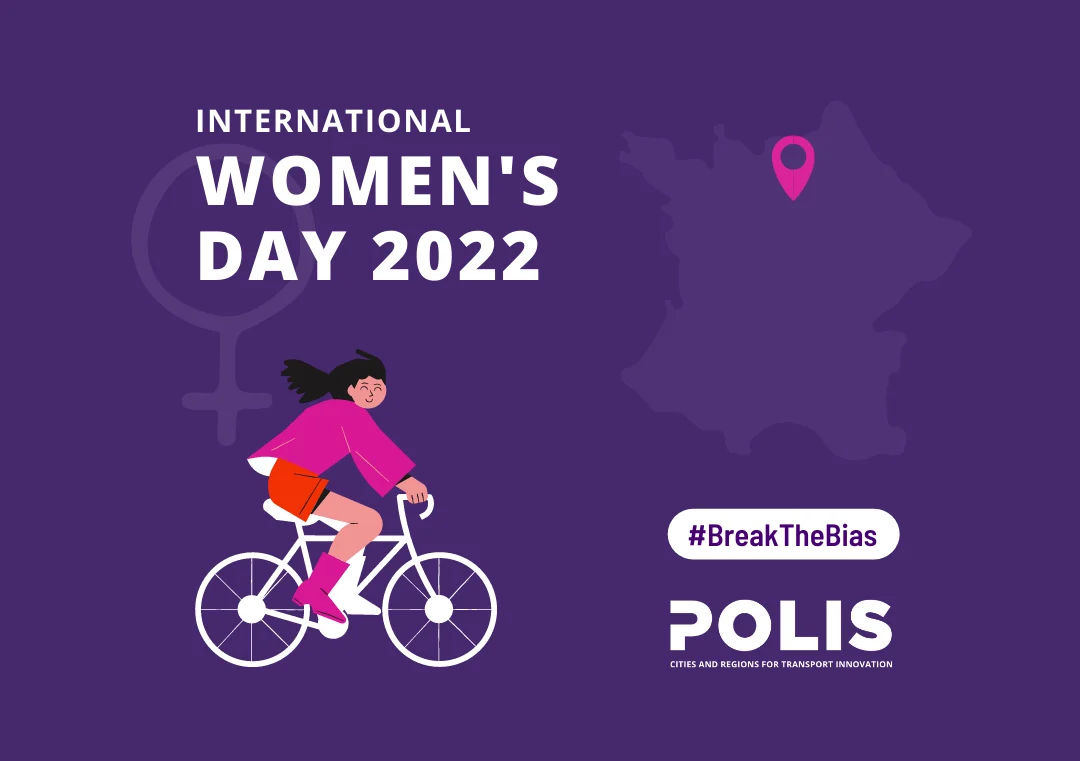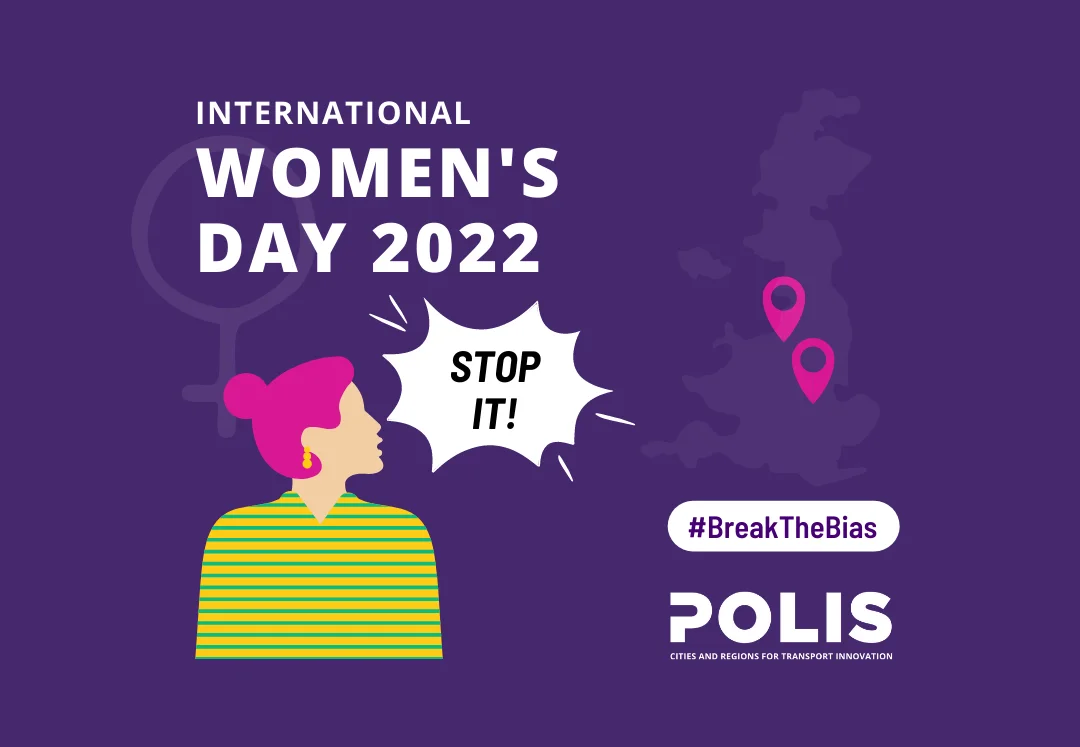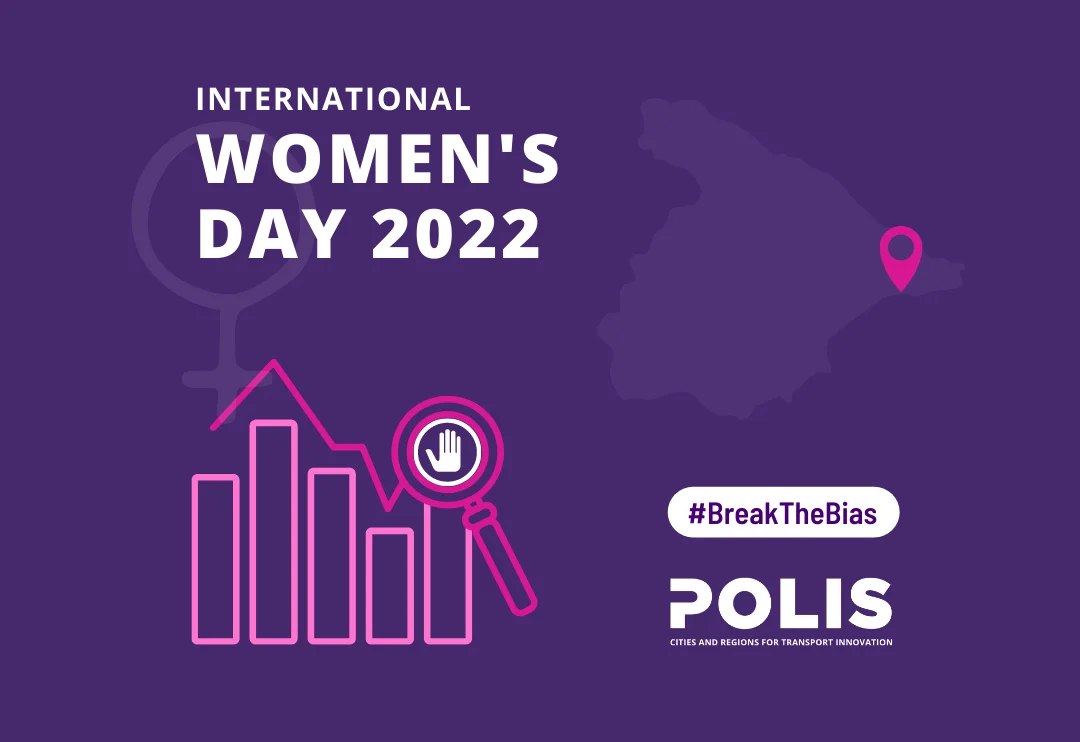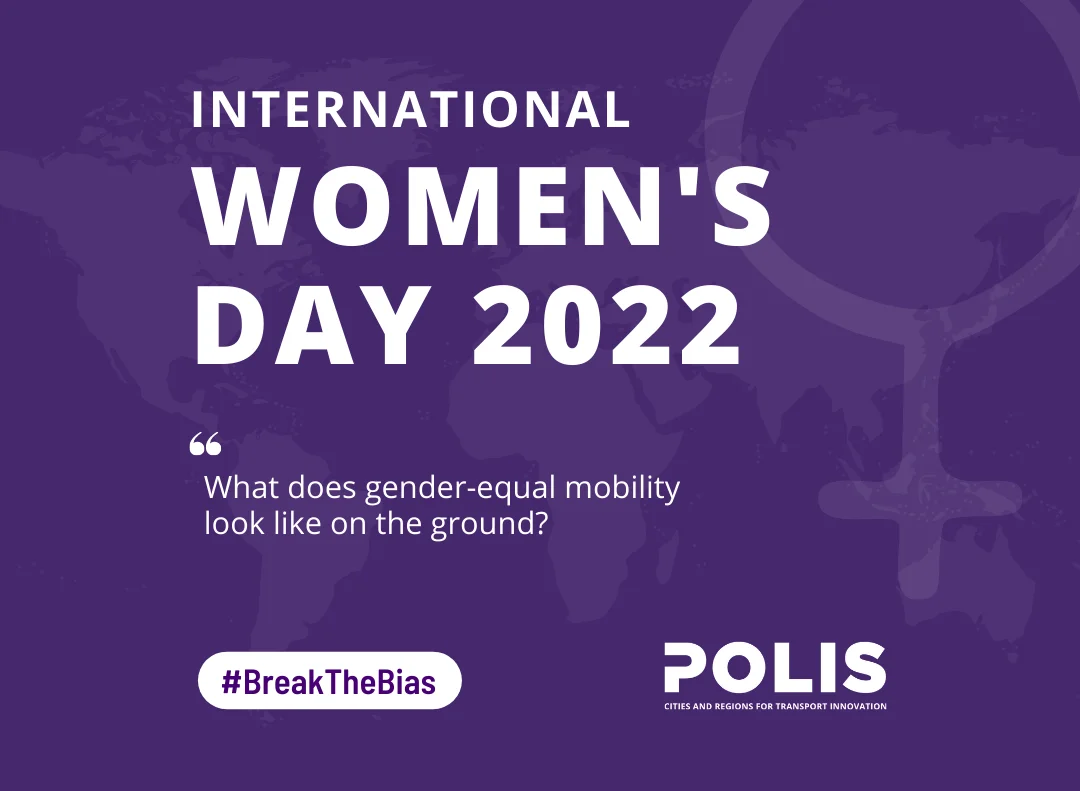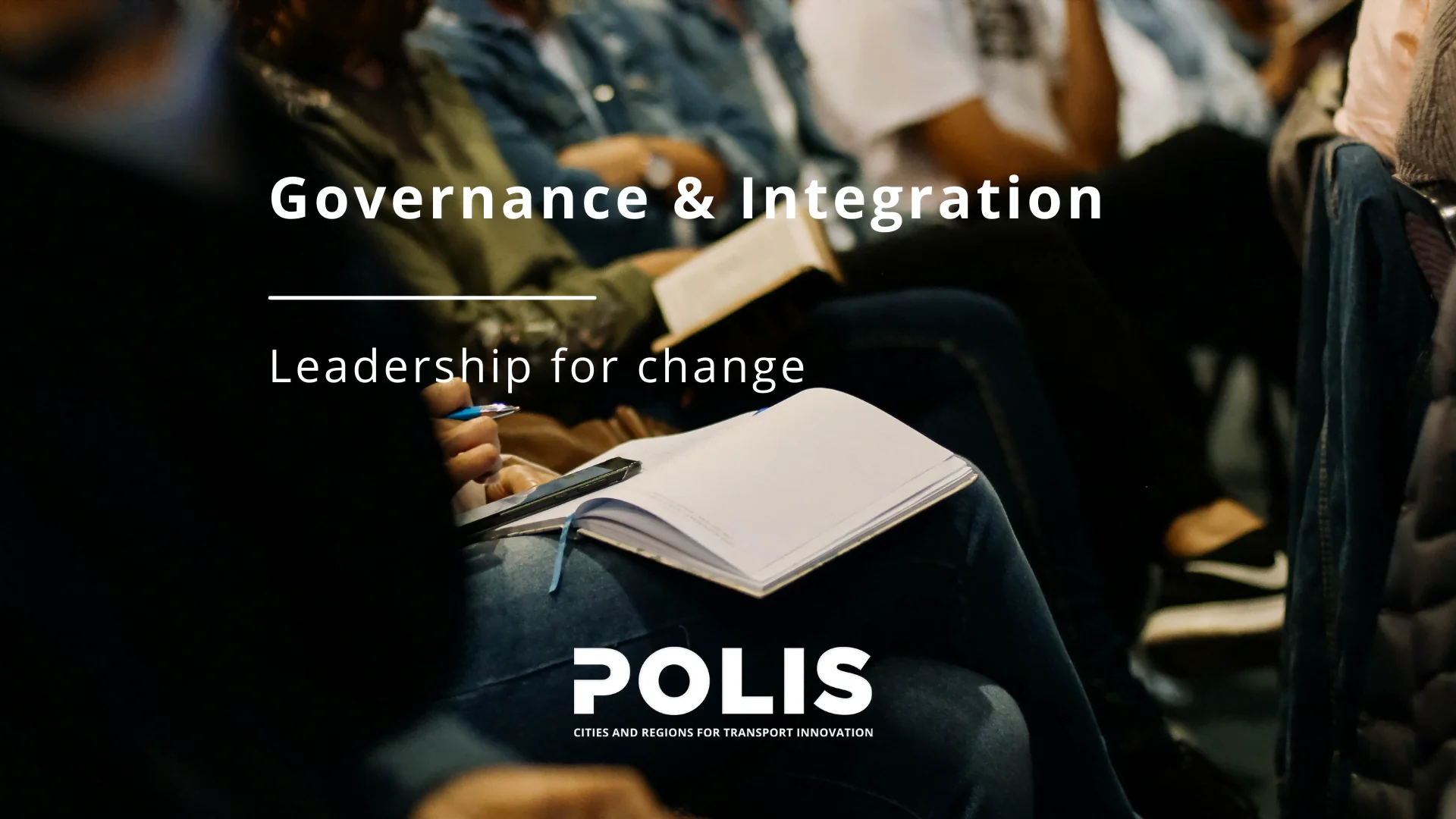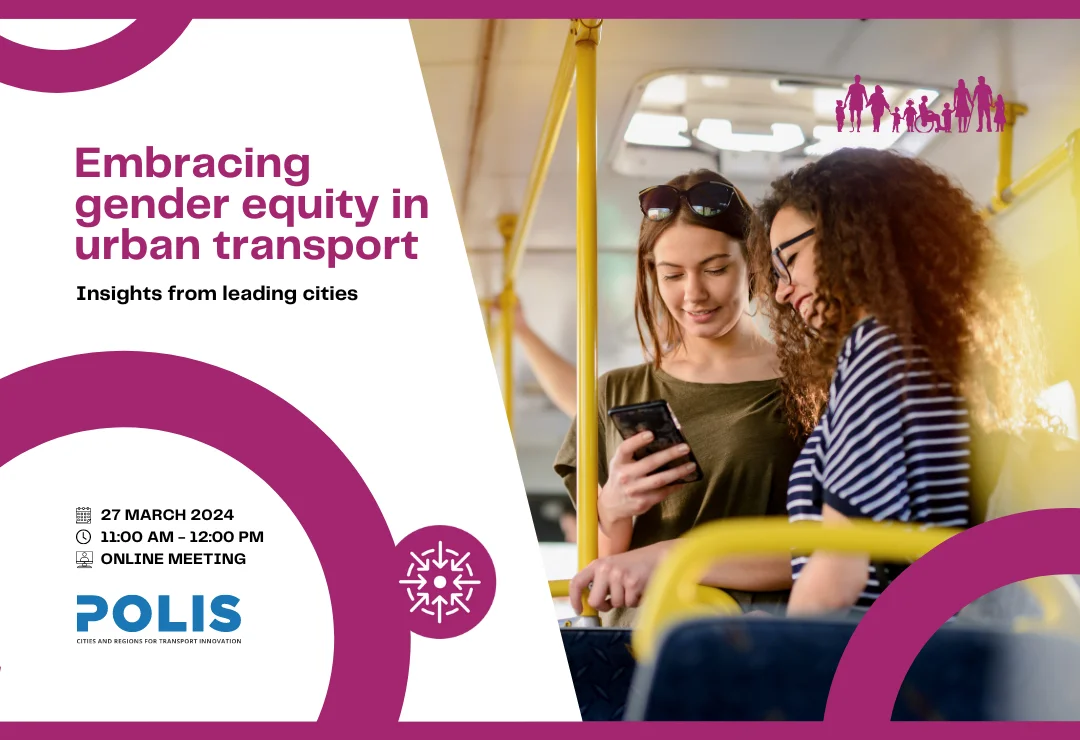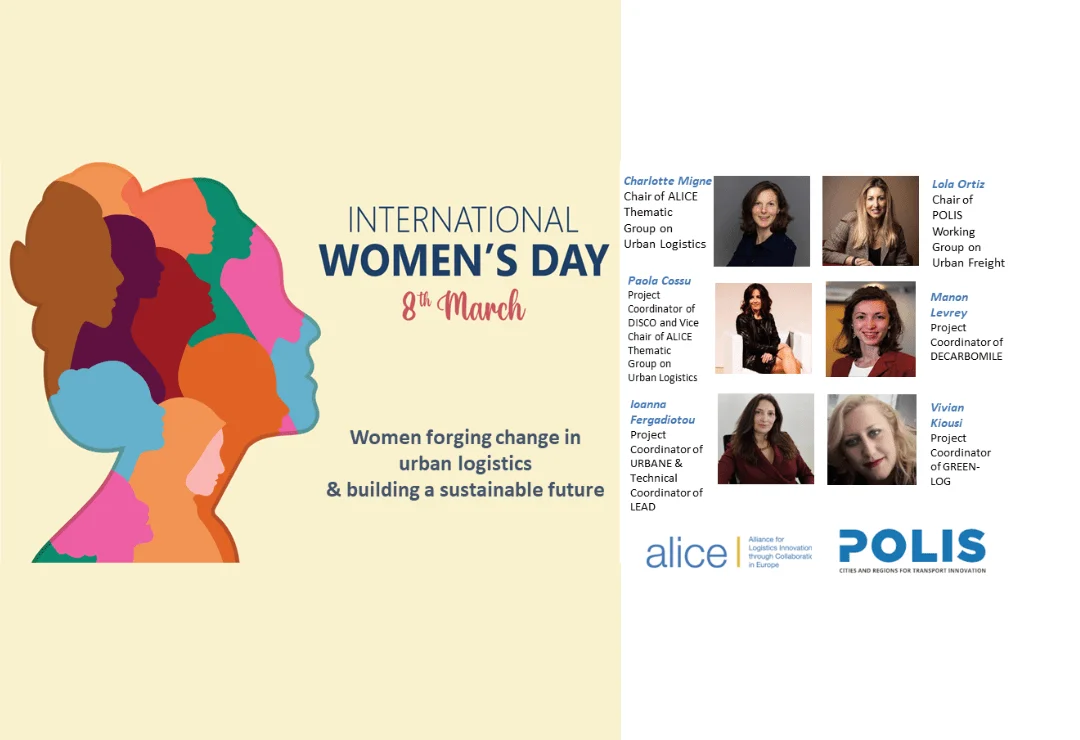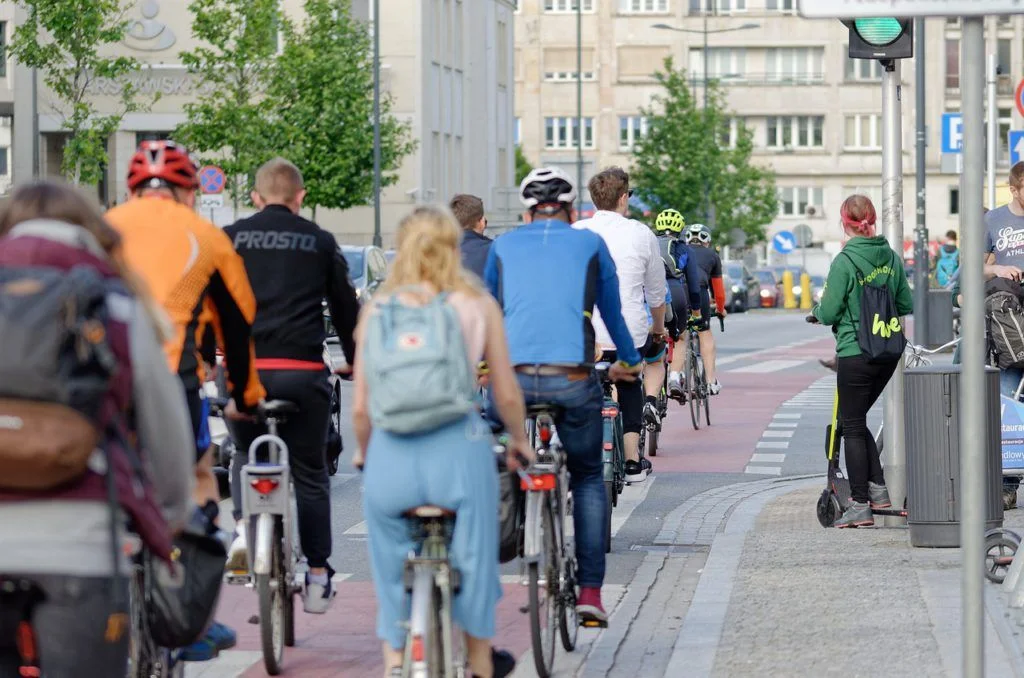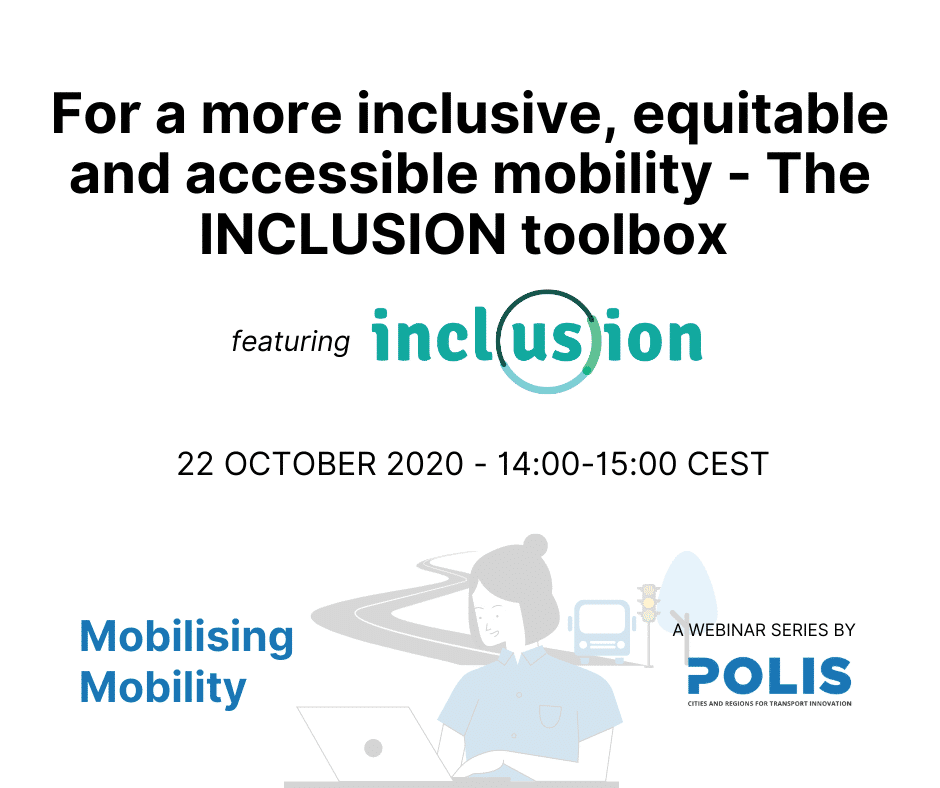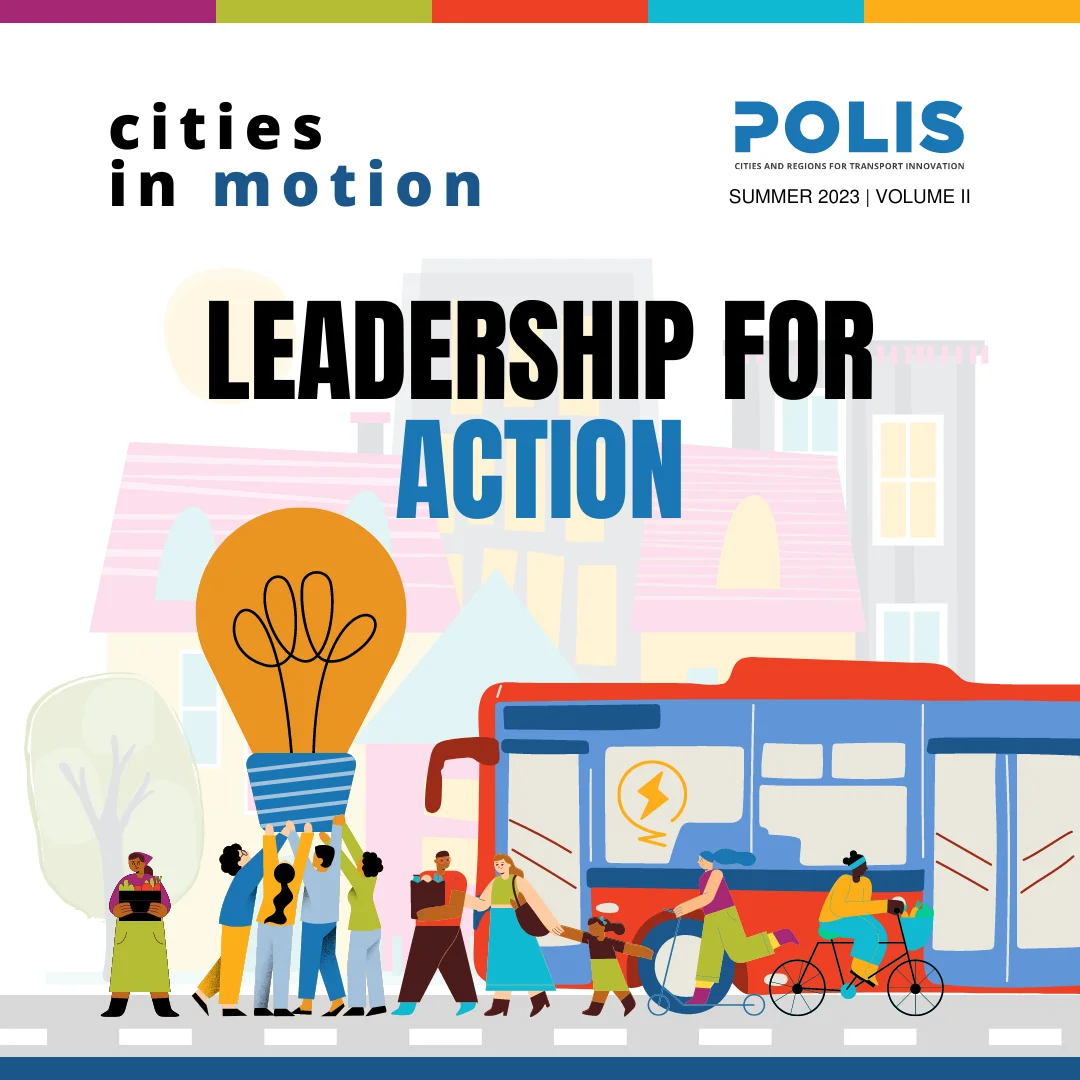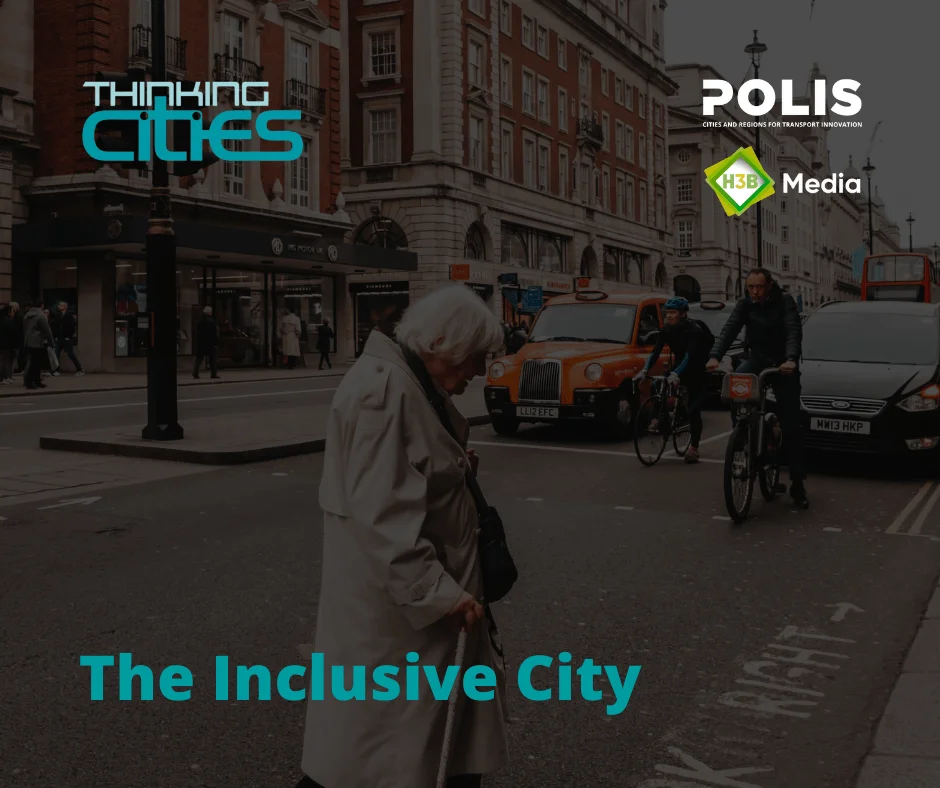Gender
Gender in transport refers to the consideration of gender-specific needs, preferences, and experiences in the planning, design, and implementation of transport systems. It acknowledges that individuals, based on their gender expression, may have different mobility patterns, constraints, and safety concerns. Recognising gender in transport is essential for creating inclusive and equitable urban environments.
Positive impacts of addressing gender in transport include enhanced safety for women, increased economic opportunities, and improved overall accessibility for all. On the other hand, neglecting gender considerations may reinforce gender inequalities, limit women's and gender non-conforming access to public spaces, and perpetuate transport-related challenges for marginalised groups.
Challenges in integrating gender perspectives into transport planning involve overcoming traditional biases and stereotypes and exploring measures and policy under a gender-inclusive lens—for this reason, POLIS has already started exploring how to overcome the ‘women=vulnerable user’ paradigm, proactively talk about women in STEM (and, more specifically, in transport and mobility research, including e-mobility), advocate for more accurate gender mobility data, unpack the topic of ‘gendered cities’, and investigate an even more intersectional lens to use on transport-related issues and solutions, thus including gender-nonconforming and visibly queer individuals in the discourse.
Making moves
In March 2023, the Left in the European Parliament published a study on policies to better integrate the gender perspective into transport policy development: POLIS was named as a leading organisation pioneering change on the ground. Indeed, POLIS is committed to providing valuable resources addressing gender in transport, such as the Sum4ALL’s Toolkit for Change and the Just Transition Agenda. These documents, amongst others, offer insights into the network's stance on gender-sensitive policies and strategies.
POLIS also takes supportive actions by actively advocating for gender-inclusive practices within the field of urban mobility, such as gender mainstreaming, as well as participating in projects focused on gender inclusivity, such as Sum4ALL. Moreover, our membership engages in collaborative efforts to share best practices and innovative approaches through the Just Transition Taskforce and Working Groups.







